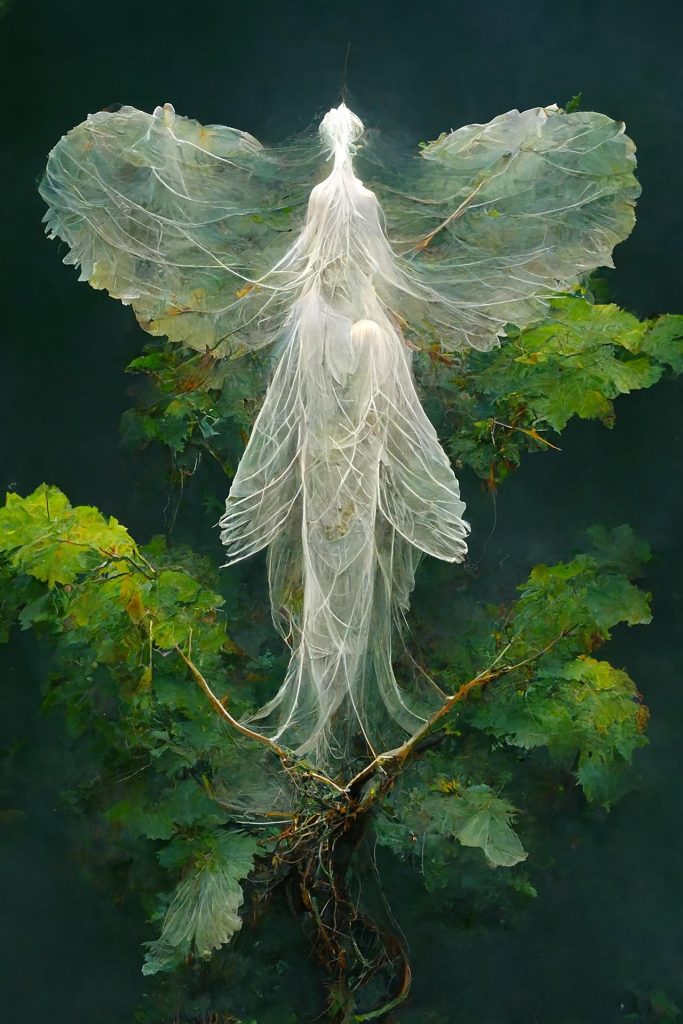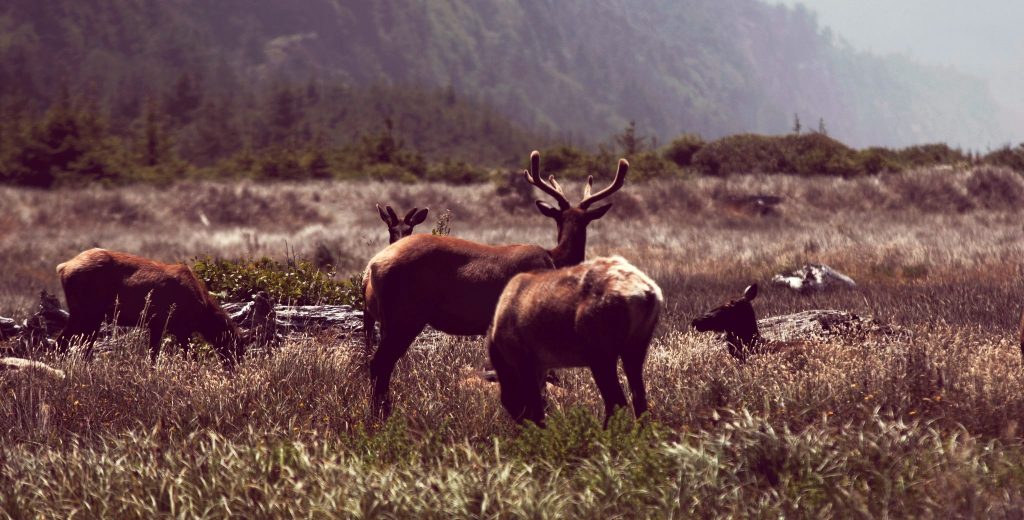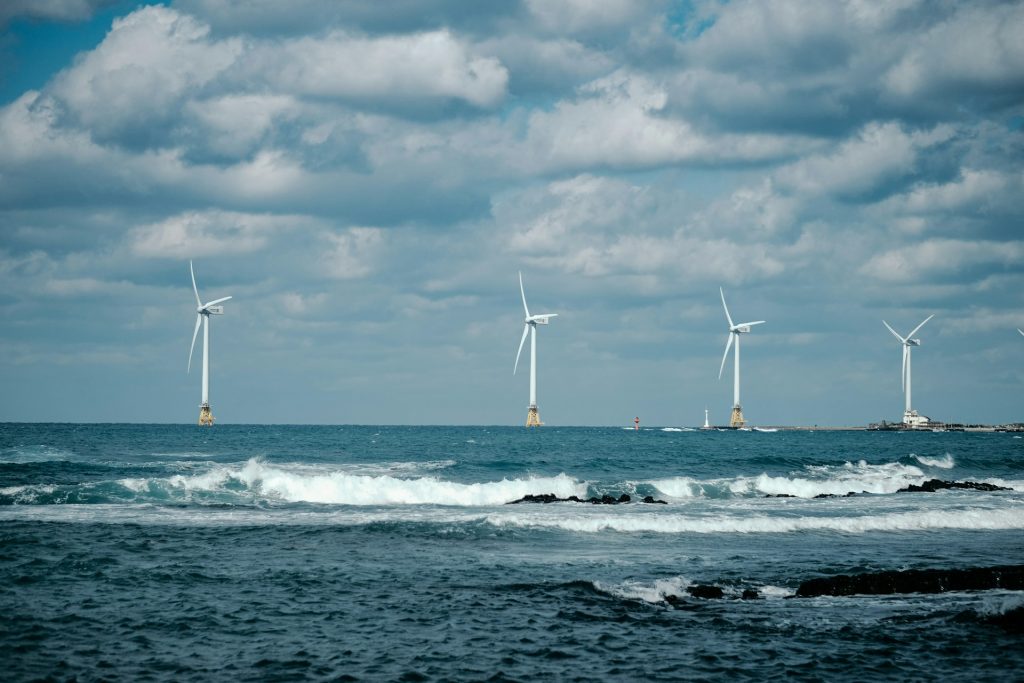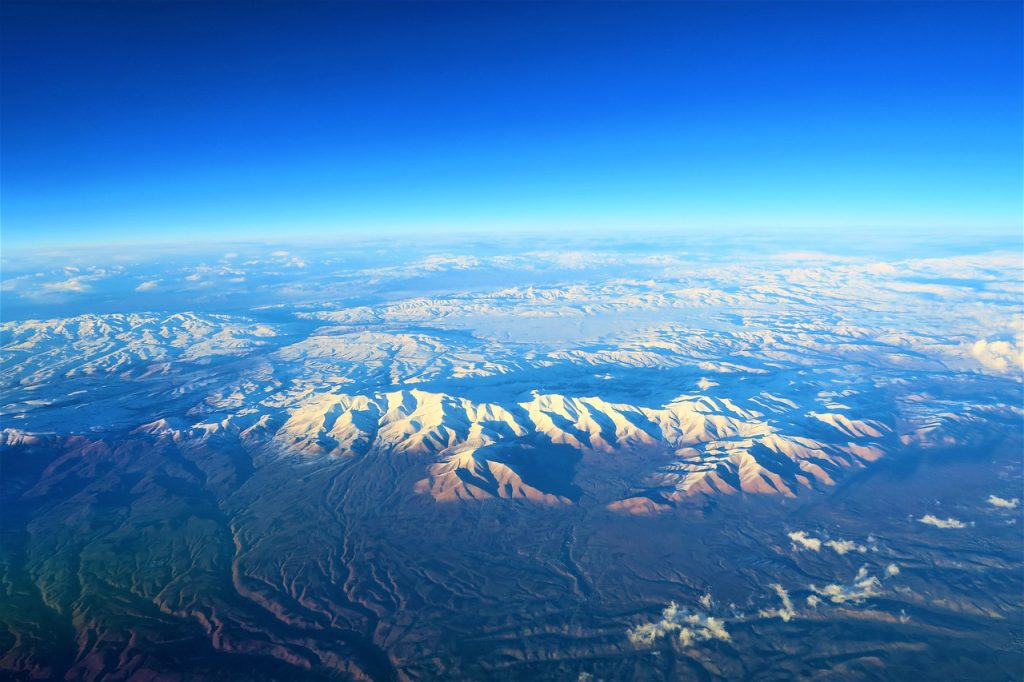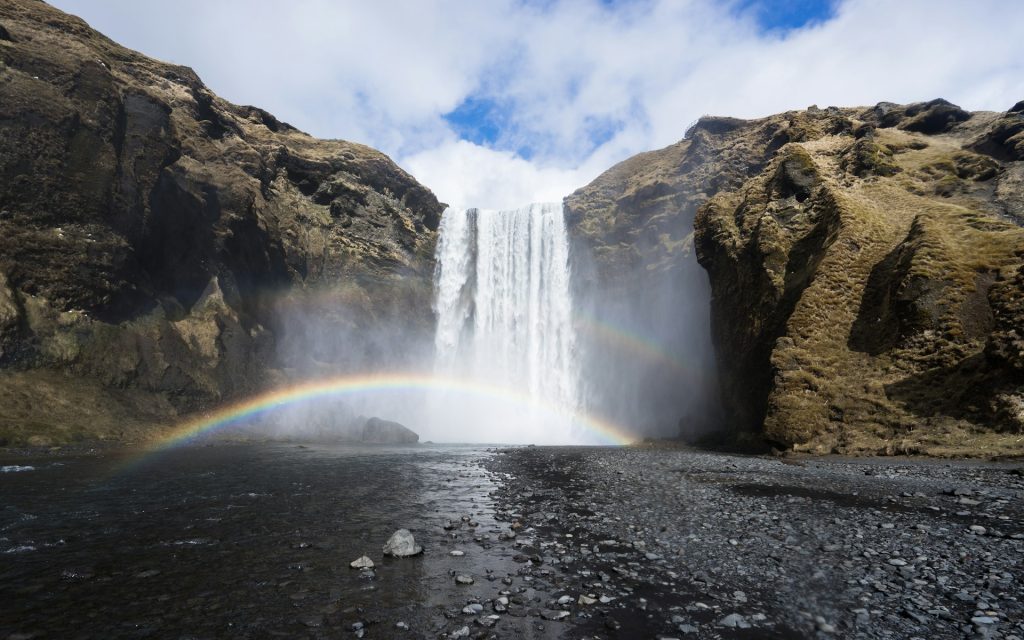Gaia Within | Choosing Care in an Unraveling World
Featuring the art of Jerry Sage, a contributor to Pixabay, whose collection can be found here.
“Far more satisfying than pretending to have control would be to actually exercise it.”
—Tarthang Tulku, Dimensions of Mind
As we look across a planet overwhelmed with suffering—like an overcrowded boat shedding passenger into unforgiving waves—we realize that we should never have entrusted the care of our Mother to others. Why weren’t we paying attention to her decline? How could we have forgotten that it was through her care that we first began searching for our own destiny?
Trying to learn from my mistakes, I remember times when I managed to break free from a private, lonely trajectory mired in misery and loss. Observing the world around me now, it’s clear that my distress was never mine alone.
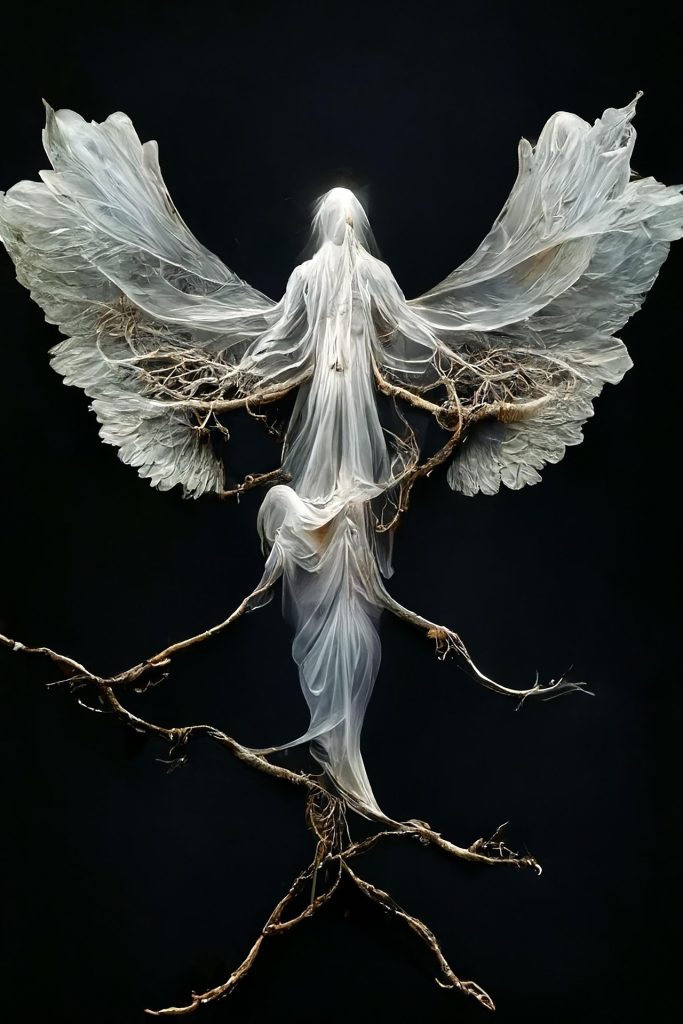 What is coming into focus—gradually replacing an anthropocentric worldview for many of us—is the realization that our species can no longer assume a guaranteed place at the table. Having distanced ourselves from the global family, no longer acting as a caring member, we must now ask: When the future arrives, will we still be welcome? Who will walk with our world into the future?
What is coming into focus—gradually replacing an anthropocentric worldview for many of us—is the realization that our species can no longer assume a guaranteed place at the table. Having distanced ourselves from the global family, no longer acting as a caring member, we must now ask: When the future arrives, will we still be welcome? Who will walk with our world into the future?
Mother Earth has remained loyal in her care for all the beings she brings into existence, nurturing, harmonizing, and sustaining life for billions of years. Among the countless species she supports, humans are just one. In time, she will surely find a way to confront the harm we have inflicted upon her and her other offspring.
What is in question is not the survival of our world, but whether humanity will be invited along to participate. For her own survival, our Mother may have no choice but to shed us like an old snakeskin—once part of her, now a suffocating remnant of an earlier stage in her evolution.
It’s not just the scorching fires, scouring winds, flooding coastal cities, flattened homes, and all the threats to terrestrial life for which we must give account. Humanity has turned against its own future by appointing the most selfish and broken among us to lead.
Time might bring back the coral reefs and provide space for species that are not yet extinct to rebuild their populations. Forests could reclaim hillsides while birds, butterflies, and bees construct their nests and hives in their shade. But how can our species survive when we choose leaders who are blind to the living intelligence that created us—whose unbalanced minds cannot even hear the symphony of life still playing around them?
Most of us just need that symphony to continue, to carry us forward in its rhythms. How tragic that continued human participation is now in jeopardy because a minority has cast its lot with forces of indifference, destruction, and cruelty.
Before I get carried away, I need to pull myself back into a realm of hope and community.
It might truly be a blessing if a wise and benevolent being arrived from beyond our world, using their power to guide humanity back toward ways of living, communicating, and collaborating in harmony with the planet—replacing our relentless extraction of anything that can be monetized and discarded in the dust. But if such a presence exists, why has it not revealed itself?
Likewise, if Gaia could bargain directly with humanity, she might set unbreakable terms—making it impossible for industries to poison rivers while selling clean water in plastic bottles or preventing the obscenely wealthy from rewriting the rules to consolidate their power. Yet Gaia, whose vast intelligence has nurtured life’s immense diversity within her embrace, seems incapable of stooping to engage in the narrow calculations of human ambition, power, and control. Instead, she, like the rest of creation, can only bear witness as humanity dismantles its own world—and the worlds of all the beings with whom we share our place in the sun.
Does the responsibility of guiding terrestrial life safely to shore really rest on the shoulders of the good-hearted and holistically conscious among us? That hopeful vision seems adrift, lost at sea. The phrase “As above, so below” may suit a Creator God, but it falls short in describing a planetary intelligence whose neural network is woven into the fabric of the Earth itself. Gaia is neither above nor below; she is a living world, continuously evolving in the direction shaped by the collective actions of her countless interdependent beings.
I am neither alone nor exceptional in feeling powerless within a society driven by those whose destructive choices go unchecked by wisdom, compassion, poetic imagination, or the vast cosmic awareness that our species is capable of. We owe a profound debt to activists who develop alternative energy sources, cultivate healthy food, and remind us that we inhabit a sacred, living planet. Yet most of us are simply trying to move through life with kindness and awareness—even as a tsunami surges inland, threatening the heart of our shared home.
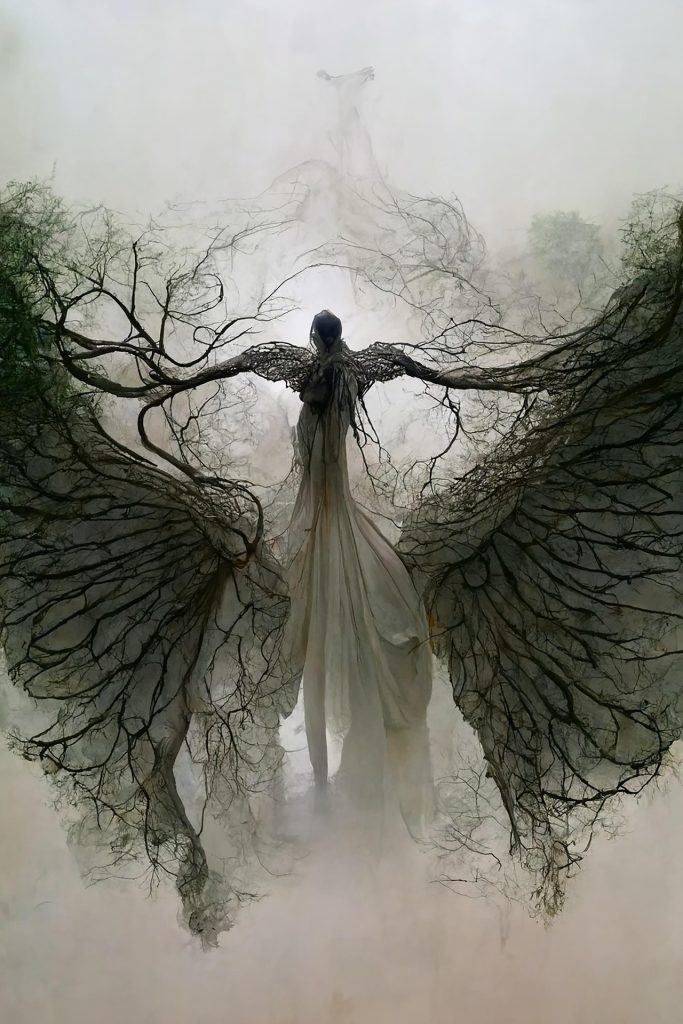
I can’t say whether my approach is anything more than a private truce with discouragement but let me share the shape it has taken.
I published a novel, Gaia Awakens, (available later this month),in which many characters strive to live with decency and care but find themselves trapped in the shadow of extractive economies, the looming threat of nuclear annihilation, the shame of human-caused mass extinctions, and the unfolding catastrophe of climate breakdown. They feel powerless to halt these forces or escape their consequences.
Among them are two alien “adjudicators” who initially see no alternative but to annihilate the human species before the ark of life is dragged under.
This fictional world became a stage on which I could play out my fears for our own. One of the characters, who took his own life—just as my son did six years ago—returns from the realm of the dead with a message for a long-lived adjudicator who has forgotten his original purpose on Earth. This emissary from the beyond knows what it is to feel like an outsider, to long for belonging.
Even if this foray into fiction does nothing else, it has allowed me to imagine a continuing life for my son.
As I continued documenting my characters’ lives, I kept hoping their fate would unfold more favorably than the trajectory I see gaining momentum in our own. Yet after my first draft, they still faced the same challenges we do—still living under the weight of a deeply entrenched system, too pervasive for well-meaning individuals to halt. My hope that I could shape my fictional world in a way that would reveal not just a solution to their crisis, but also a path for us to follow, began to feel like a delusion.
But in the next draft, something shifted. It wasn’t that the aliens devised a clever or forceful plan. It wasn’t that Gaia started selectively shaking off billionaires and oil executives, or that she somehow inspired lobbyists and politicians to act with integrity. Instead, people simply grew more confident in their care for one another—more willing and able to follow impulses not dictated by the relentless demands of business as usual.
It was as if Gaia awakened to her own power in the cosmos and began finding allies among the human species. Gradually, others noticed this shift and began to join in, showing up as their better selves—grateful that they no longer had to lurk in the shadows, feeling helpless, isolated, and invisible. As this collaboration between individuals and their living world took hold, corrupt leaders found themselves with fewer and fewer followers.
A part of me wonders if the helplessness I’ve been feeling is the real delusion. There are, without a doubt, those who seek to control the world for their own ends. But if we choose to live with care, supporting the courageous actions of those around us, then Gaia will embrace us as she awakens to her place in the vast cosmos—a greater realm where she has always been a cherished and beloved daughter.
